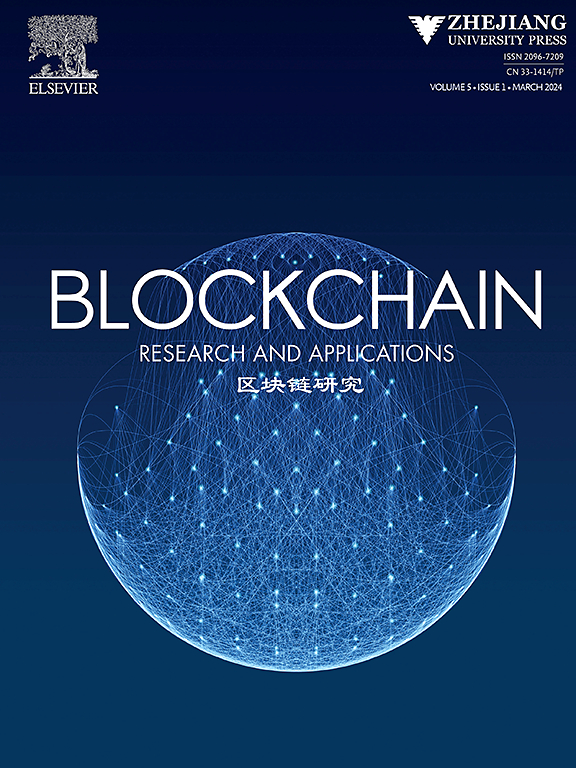联邦大型领域模型系统
IF 5.6
3区 计算机科学
Q1 COMPUTER SCIENCE, INFORMATION SYSTEMS
引用次数: 0
摘要
随着组织越来越多地寻求使用自己的专有数据构建基础模型(FMs),许多组织正在采用私有和内部云基础设施(通常除了公共云之外)来解决成本、数据隐私和数据主权方面的问题。然而,这些孤立的私有云经常缺乏互操作性,给跨机构协作造成障碍,而跨机构协作对于训练依赖于大型和多样化数据集的健壮的特定领域基础模型(DSFMs)至关重要。此外,私有云中未充分利用的资源导致全球能源效率低下。在本文中,我们提出了联邦大领域模型系统(FLDMS),这是一个概念框架,旨在促进跨多个私有云环境的协作基础模型开发。我们回顾了必要的启用技术,包括用于数据隐私的分散协议和用于自动编排的大型语言模型(llm),并展示了一个高级系统设计,演示了如何集成这些组件。通过实现安全和高效的跨组织合作,FLDMS为构建DSFMs提供了蓝图,同时解决了孤立私有云系统固有的低效率问题。本文章由计算机程序翻译,如有差异,请以英文原文为准。
Federated Large Domain Model System
As organizations increasingly seek to build Foundation Models (FMs) using their own proprietary data, many are adopting private and in-house cloud infrastructures (often in addition to public clouds) to address concerns over cost, data privacy, and data sovereignty. However, these isolated private clouds frequently lack interoperability, creating barriers to cross-institutional collaboration, which is vital for training robust Domain-Specific Foundation Models (DSFMs) that rely on large and diverse datasets. Additionally, underutilized resources in private clouds lead to significant global energy inefficiencies. In this paper, we propose the Federated Large Domain Model System (FLDMS), a conceptual framework designed to facilitate collaborative foundation model development across multiple private cloud environments. We review the necessary enabling technologies, including decentralized protocols for data privacy and Large Language Models (LLMs) for automated orchestration, and present a high-level system design demonstrating how these components can be integrated. By enabling secure and efficient cross-organization cooperation, FLDMS provides a blueprint for building DSFMs while addressing the inefficiencies inherent in siloed private cloud systems.
求助全文
通过发布文献求助,成功后即可免费获取论文全文。
去求助
来源期刊
CiteScore
11.30
自引率
3.60%
发文量
0
期刊介绍:
Blockchain: Research and Applications is an international, peer reviewed journal for researchers, engineers, and practitioners to present the latest advances and innovations in blockchain research. The journal publishes theoretical and applied papers in established and emerging areas of blockchain research to shape the future of blockchain technology.

 求助内容:
求助内容: 应助结果提醒方式:
应助结果提醒方式:


